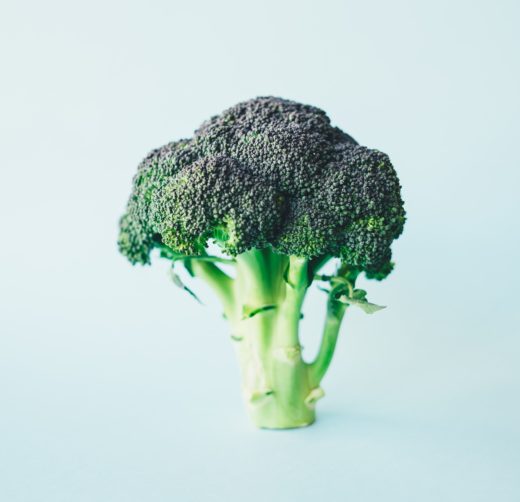
When your Mom told you to “eat your broccoli” she was onto something!
Broccoli has long been a staple when it comes to choosing an inexpensive healthy vegetable, and for good reason! Broccoli is an excellent source of vitamin K, C, folate, potassium, and fiber. The combination of these nutrients makes it a hard hitter in the anti-inflammatory food group, offering protection against chronic and degenerative diseases.
Broccoli isn’t going anywhere, but if you keep up with food trends, you may have heard about broccoli sprouts, which offers even more health benefits. Broccoli sprouts are immature (about 3-4 days old) broccoli plants. When cooked lightly, they have a similar taste profile to steamed spinach, but more often, they’re added to dishes raw as a healthy condiment or food presentation showstopper.
WHAT MAKES BROCCOLI SPROUTS HEALTHIER?
Both broccoli and broccoli sprouts are cruciferous vegetables which all contain compounds called isothiocyanates. Broccoli sprouts, however, contain 10-100 times the amount of isothiocyanates found in other cruciferous vegetables. In real-world servings, one 100-gram serving of broccoli sprouts offers approximately 250mg of isothiocyanates.
One particular isothiocyanate which broccoli sprouts contain – sulforaphane – has been linked to a reduction in inflammation and neurodegenerative diseases like Alzheimer’s. There’s also evidence to suggest sulforaphane can prevent DNA damage and oxidative stress, which can lead to cancer and chronic illnesses1.
Article continued HERE on The Institute of Transformational Nutrition Blog.
In Love, Health + Gratitude,
Katie
